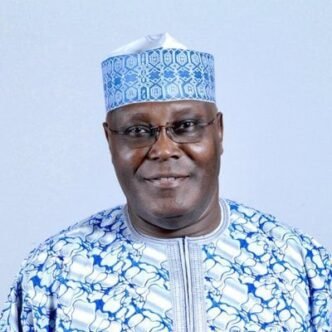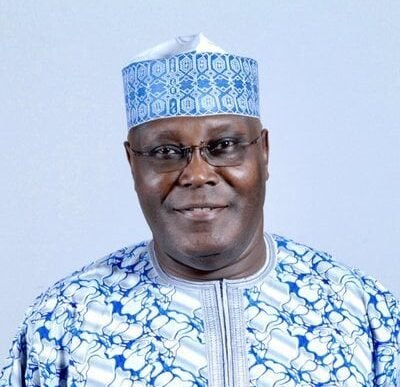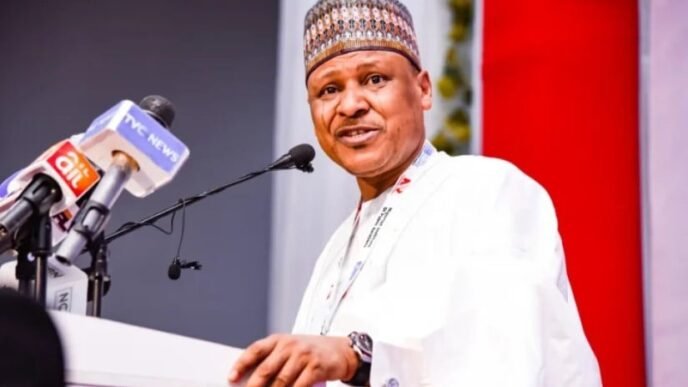Abuja, Nigeria — The Federal Government has officially announced that submission of academic theses, projects, or dissertations will now be a compulsory requirement for all graduates seeking mobilisation into the National Youth Service Corps (NYSC) scheme. The directive, contained in a circular issued by the Office of the Secretary to the Government of the Federation (SGF), Senator George Akume, will take effect from October 6, 2025.
The new policy, which ties NYSC mobilisation and exemption to compliance with the Nigeria Education Repository and Databank (NERD), is designed to digitise, preserve, and verify academic outputs across Nigerian and foreign institutions. According to the circular, no graduate — whether trained locally or abroad — will be eligible for NYSC or exemption without evidence of compliance.
What the New Policy Entails
The NERD policy mandates that all academic institutions and their graduates deposit final-year projects, theses, or dissertations into the national databank. This includes undergraduate projects, postgraduate dissertations, and other major academic works.
In practical terms, every graduate must submit proof of academic output deposit before being cleared for NYSC mobilisation. Similarly, those applying for exemption certificates will also need to meet the requirement.
To monitor compliance, the Federal Government has directed the establishment of NERD compliance units within NYSC state secretariats and higher institutions. Universities, polytechnics, and colleges of education will be responsible for ensuring that their graduates have uploaded the required documents into the databank before forwarding their names to NYSC.
The SGF emphasised that this measure has the full backing of the NYSC Act, specifically Sections 2(4)(4) and 16(1)(C), which empower the President to alter mobilisation criteria in line with national priorities.
Why the Government Is Doing This
The policy is part of wider reforms aimed at strengthening Nigeria’s education system, curbing academic fraud, and preserving intellectual outputs for future generations.
According to the SGF’s office, NERD will serve as a central academic repository that enhances quality assurance and provides independent proof of enrolment and graduation.
Haula Galadima, spokesperson for the NERD Secretariat, explained that each deposited thesis will include metadata such as the student’s name, institution, department, supervisor, and year of graduation.
“This initiative will help Nigeria safeguard its intellectual heritage, reduce cases of certificate forgery, and improve accountability in academic institutions,” Galadima said.
The Federal Ministry of Education also stressed that linking thesis submission to NYSC would ensure that every graduate contributes to the country’s growing knowledge base while promoting transparency in the academic sector.
Implementation Timeline
The directive becomes enforceable on October 6, 2025.
- Affecting Prospective Corps Members: All graduates seeking to join the 2025 Batch C and subsequent streams must show proof of NERD compliance.
- Exemption Cases: Graduates applying for exemption certificates will also be required to submit their academic projects or theses.
- Non-Retroactive: Current corps members and those mobilised before October 6 are not affected by the policy.
Reaction From Stakeholders
Supporters of the Policy
Many academics and education experts have praised the decision, describing it as a progressive reform.
Dr. Musa Ahmed, an education consultant in Abuja, said the move would “instil a research culture in young Nigerians and ensure that years of academic work are not lost in departmental shelves.”
Supporters also argue that NERD will become a valuable resource for policymakers, students, and researchers, offering access to data that can help tackle national problems.
Concerns From Students and Graduates
However, reactions from student bodies and graduates have been mixed.
The National Association of Nigerian Students (NANS) expressed worry about the feasibility of the policy, warning that many institutions lack the infrastructure to digitise and upload academic outputs quickly.
A graduate awaiting NYSC mobilisation, who preferred anonymity, said:
“This is coming too suddenly. Some of us do not even have digital copies of our projects anymore. If NYSC insists on this, many graduates could be stranded.”
Others fear that the policy might create new opportunities for exploitation, with students potentially asked to pay extra fees for compliance or verification.
Potential Benefits of the Policy
If properly implemented, the policy could:
- Preserve Academic Work: Thousands of projects and theses produced annually will be digitised and stored permanently.
- Curb Certificate Fraud: Linking NYSC clearance to NERD will make it harder for individuals to forge academic credentials.
- Promote Research and Innovation: Making research compulsory ensures that graduates contribute to the pool of knowledge addressing national issues such as food security, health, and technology.
- Enhance Transparency: Institutions will have a standardised process for verifying student work, reducing malpractice.
- Boost Policy Formulation: Access to a databank of academic projects can inform evidence-based policymaking in government.
Challenges Ahead
Despite the potential, experts warn of major challenges:
- Technical Infrastructure: Many Nigerian universities still lack digital repositories or stable internet to support large-scale uploads.
- Capacity: Supervisors and NYSC officials may struggle with the extra workload of verifying thousands of submissions.
- Equity Issues: Graduates from poorly resourced institutions, or those educated abroad, may face barriers to compliance.
- Timeline Pressure: With the enforcement date set just days away, there are concerns that many prospective corps members will not have enough time to comply.
Calls for Adjustments
Education analysts are urging the Federal Government to:
- Extend the implementation deadline to allow institutions and students to adjust.
- Provide funding and technical support to universities for digitisation.
- Create an appeals process for graduates unable to comply due to genuine constraints.
- Introduce phased compliance, starting with new graduates while giving older graduates a grace period.
What It Means for Students
For students preparing to enter NYSC, the policy means:
- They must ensure they have digital copies of their projects or theses.
- They will need to confirm with their institutions that these works have been uploaded to the NERD system.
- Failure to comply may result in being denied mobilisation or exemption certificates.
In the long term, graduates may benefit from having their research accessible in a central database, potentially opening doors for collaboration and innovation.
Conclusion
The Federal Government’s decision to tie NYSC mobilisation to thesis and project submission through the NERD policy is a landmark reform that could reshape Nigeria’s academic and service landscape.
While the move promises to boost research culture, curb academic fraud, and preserve intellectual work, its sudden implementation and infrastructural demands have raised valid concerns.
As the October 6 enforcement date approaches, all eyes will be on the Ministry of Education, NYSC, and higher institutions to see whether this ambitious policy will succeed as a model of academic accountability or falter under the weight of poor planning.
For now, one thing is clear: graduates can no longer ignore their academic projects — these documents have become the new passport to national service.














